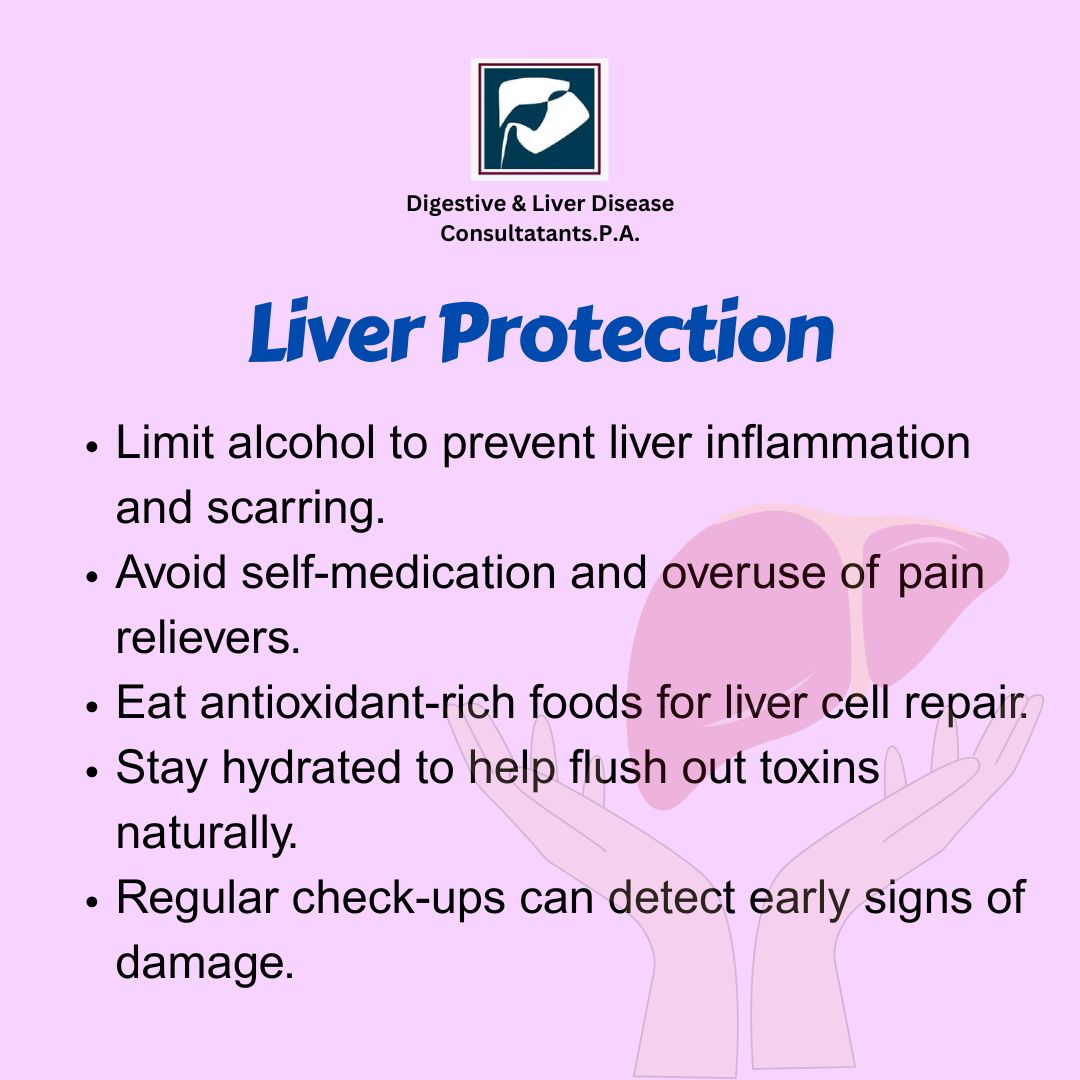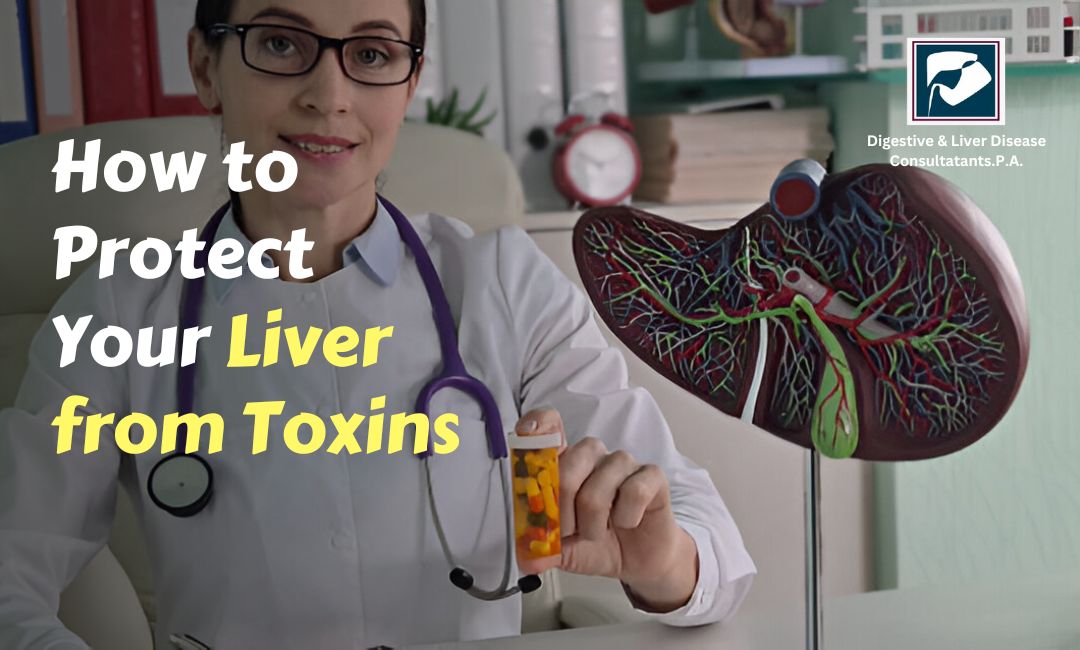Your liver is one of the most important organs in your body, responsible for filtering toxins, producing bile for digestion, and storing essential nutrients. However, the liver can become overburdened with harmful substances, leading to damage and diseases such as fatty liver disease, cirrhosis, and hepatitis. Protecting your liver from toxins is essential to maintain its health and ensure it continues to function effectively. In this blog, we’ll explore practical tips on how to protect your liver and maintain its vital role in your overall well-being.
Understanding the Liver’s Role
The liver works tirelessly to detoxify the body by breaking down chemicals, medications, and other harmful substances that enter the bloodstream. It also plays a crucial role in metabolizing fats, proteins, and carbohydrates, while producing essential proteins and regulating blood clotting. Despite its incredible ability to regenerate, the liver can only take so much strain before its function starts to deteriorate.
Exposure to harmful toxins over time, whether through food, alcohol, or environmental factors, can lead to liver damage. Therefore, taking steps to protect your liver is crucial for long-term health.

Common Liver Toxins and Their Impact
Several substances can put your liver under stress. Some of the most common liver toxins include:
Alcohol: Drinking excessive amounts of alcohol can lead to liver damage, ranging from fatty liver disease to cirrhosis and liver failure. The liver processes alcohol, but too much alcohol over time can overwhelm its detoxification system.
Medications: Certain medications, especially when taken in high doses or for prolonged periods, can be toxic to the liver. Acetaminophen (found in Tylenol), non-steroidal anti-inflammatory drugs (NSAIDs), and some antibiotics are known to affect liver health.
Environmental Toxins: Exposure to chemicals in cleaning products, pesticides, or industrial solvents can harm the liver. These toxins can enter the body through inhalation, ingestion, or skin contact.
Processed Foods: Many processed foods contain preservatives, artificial colors, and excessive amounts of salt and sugar. These additives can contribute to liver strain and increase the risk of fatty liver disease.
How to Protect Your Liver from Toxins
Limit Alcohol Consumption
One of the most effective ways to protect your liver is to reduce or eliminate alcohol consumption. Excessive drinking can cause liver inflammation, fat buildup, and eventually scarring. If you do drink, it’s important to follow recommended guidelines: no more than one drink per day for women and two for men. Giving your liver regular breaks by staying alcohol-free for days or weeks can also help prevent long-term damage.
Take Medications with Caution
While medications can be vital for managing health conditions, overuse or misuse of certain drugs can cause liver toxicity. Always follow your doctor’s instructions and avoid self-medicating. If you need pain relief, consider alternatives to acetaminophen, such as ibuprofen, but only under a doctor’s guidance. For chronic conditions, discuss with your healthcare provider whether your current medications may affect your liver and explore safer alternatives.
Eat a Liver-Healthy Diet
Your diet plays a significant role in liver health. Foods rich in antioxidants, fiber, and healthy fats support the liver in detoxifying and regenerating cells. Here are some key foods to include in your diet:
Leafy greens: Spinach, kale, and other greens are high in nutrients that help detoxify the liver.
Berries: Blueberries, strawberries, and raspberries are packed with antioxidants, which protect liver cells from damage.
Garlic: Known for its detoxifying properties, garlic can enhance liver function by activating enzymes that aid in the removal of toxins.
Nuts: Walnuts, almonds, and other nuts are rich in healthy fats and antioxidants, which support liver repair and regeneration.
Fatty fish: Salmon, sardines, and other fatty fish contain omega-3 fatty acids that reduce liver inflammation and promote overall liver health.
Stay Hydrated
Drinking plenty of water is essential for liver health. Proper hydration helps the liver flush out toxins efficiently and supports overall bodily functions. Aim to drink at least eight glasses of water per day to keep your liver hydrated and functioning at its best.
Exercise Regularly
Regular physical activity not only helps maintain a healthy weight but also reduces the risk of fatty liver disease. Exercise helps improve blood circulation, which allows toxins to be filtered more effectively by the liver. Aim for at least 30 minutes of moderate exercise most days of the week, such as walking, swimming, or cycling.
Avoid Exposure to Environmental Toxins
Minimize exposure to chemicals and pollutants that can harm your liver. Use natural or non-toxic cleaning products in your home and avoid excessive exposure to pesticides or harsh chemicals in the workplace. If you work in an environment with hazardous materials, ensure you use the proper protective gear to minimize exposure.
Get Vaccinated
Certain viral infections, such as hepatitis A, B, and C, can cause severe liver damage. Vaccines are available for hepatitis A and B, and getting vaccinated is a preventive measure to protect your liver from these infections. If you are at risk for hepatitis C, talk to your doctor about testing and treatment options.
Maintain a Healthy Weight
Obesity is one of the leading causes of non-alcoholic fatty liver disease (NAFLD), a condition that can lead to liver inflammation and cirrhosis. Maintaining a healthy weight through a balanced diet and regular exercise helps reduce the risk of liver disease and supports overall liver function.
The Role of Digestive & Liver Disease Consultants, P.A.
At Digestive & Liver Disease Consultants, P.A., we specialize in the diagnosis, treatment, and prevention of liver and digestive disorders. Our team of experienced professionals offers personalized care to help you protect and improve your liver health. Whether you’re dealing with fatty liver disease, cirrhosis, or other liver-related conditions, we provide comprehensive treatment options tailored to your needs.
If you’re concerned about the health of your liver, don’t hesitate to reach out to our team. We offer advanced diagnostic testing and treatments to help protect your liver and support overall digestive wellness.
Conclusion
Protecting your liver from toxins is essential for long-term health and well-being. By making simple lifestyle changes such as reducing alcohol consumption, eating a liver-friendly diet, staying hydrated, exercising regularly, and minimizing exposure to harmful chemicals, you can significantly reduce the risk of liver damage and disease. If you’re experiencing symptoms or are concerned about your liver health, it’s important to consult with a healthcare professional.
Experiencing liver symptoms or want to protect your liver from toxins? Contact Digestive & Liver Disease Consultants, P.A. for expert care and guidance.






